Generation Y (todays 18 to 30 year olds) that lazy, skinny jeaned, floppy haired, entitled, disengaged, whiny species you hate is probably the most psychologically sound generation.
What are you doing right now? Is it something you love? Millions of people this very second are doing exactly what makes them happy. I bet you are thinking about how you spend a large part of your life in a job that everyday threatens you with its potential to drive you insane. But hey, there is always the weekend..Oh, where did it go its Monday again!!
The way we work influences new trends and behaviours in society. And if the world right now appears new and different to you, it’s Generation Y that has captured these new ideas. Gen y or millennials represent a new workforce in a global market and believe it or not have high aspirations. Half already have, or plan to open their own business, and due to their digital, fluid and collective mind-set, they are driving the change that will affect how we work in the future.
If this sounds complicated, then you’re probably a baby boomer. Keeping things simple was the motto of the baby boomers in the 50’s and 60’s. Rules were clearly defined and understood . Workspaces were largely confined to the office or factories. Responsibilities were individual and very specific and you knew exactly when you clocked in and out for the day. Aft
boomers in the 50’s and 60’s. Rules were clearly defined and understood . Workspaces were largely confined to the office or factories. Responsibilities were individual and very specific and you knew exactly when you clocked in and out for the day. Aft
er World War 2 the institution represented the security everyone dreamed of. Therefore it made perfect sense to be a company man – psychologically people responded well to linear and hierarchical structures. But be careful, for once you chose a career, it was usually a decision that lasted the rest of your life. Older generations would teach the younger because putting in years of experience was essential for you to move up in the company. Having a job would guarantee you a stake in society, and be the first step towards marriage and a baby nine months later. Work and personal life did n
ot mix-you were done as soon as your wife took your coat. However, that’s not to say that baby boomers didn’t work hard, they did, and this was largely to do with upholding a sense of discipline and order. Daily sacrifices were made to ensure family security and a big payoff would finally arrive later on in life.
Generation x, the product of neo liberalism and capitalism in overdrive, redefined the time relationship between work and reward. Super confident, extroverted, competitive and constantly in the pursuit of growt h, this generation was always on the lookout for new offers and opportunities. A profitable idea could easily put you into a leadership position based on meritocracy without taking into account the experience of the employee. As they constantly looked for new ways to stand out from the competition, a reliance on degrees and MBA’s began to emerge to get ahead. This was a more individualistic style of thinking and a nice wardrobe became essential to close deals and expand networks. Being in the right place at the right time in order to capitalise on an opportunity began to define the work schedule. Business time extended to happy hour and beyond, and this cocktail of business and pleasure turned the workaholic into an admired object of desire. Brought up with the self-esteem movement, it was all about winning, the winner being whoever could get on the board in the shortest possible time. Once they arrived, they immediately lived out the pleasures of this achievement.
h, this generation was always on the lookout for new offers and opportunities. A profitable idea could easily put you into a leadership position based on meritocracy without taking into account the experience of the employee. As they constantly looked for new ways to stand out from the competition, a reliance on degrees and MBA’s began to emerge to get ahead. This was a more individualistic style of thinking and a nice wardrobe became essential to close deals and expand networks. Being in the right place at the right time in order to capitalise on an opportunity began to define the work schedule. Business time extended to happy hour and beyond, and this cocktail of business and pleasure turned the workaholic into an admired object of desire. Brought up with the self-esteem movement, it was all about winning, the winner being whoever could get on the board in the shortest possible time. Once they arrived, they immediately lived out the pleasures of this achievement.
But today, the journey’s little different. It seems more important to have fun on the ride, than reach the final destination. Generation y are the ones perfectly translating this new vision. In a time when pleasure determines professional accomplishment they know like no other, how to recognise opportunities that link passion with work. The creative economy, new professions, an entrepreneurship boom and the new collective power are painting a brilliant and never before seen scenario. It’s hardly surprising these millennial bugs are so impatient – the speed at which they connect with the world sets the pace for their work relations. Long term projects are less stimulating, and they need constant feedback so they can feel their efforts are being recognised. Perhaps the impression of narcissism on social media is actually people just reaching out for a universal human need-to feel validated, listened to, to know that you are ‘doing ok’. The traditional pyramid structure inside organisations doesn’t fit with these anxious young people. Another reason generation y is disliked by the baby boomers? They are happy to work with older generations so long as the relationship is on equal terms with mutual respect. This exchange of knowledge is ageism free.
Then there is the internet. This has allowed for real empowerment amongst the young as they are now able to discover things on their own. It has become natural to diversify your channels and seek out informal tools for education, instead of just doing a degree, which in turn is becoming more expensive and less valuable.
Professional commitment comes from truly engaging experiences. Besides having a job, it has become more important to have a purpose that can be carried out in different formats the same time. Mobility, shared workspaces, home offices and the possibility to dictate your own hours, make work always possible, anytime, anywhere.
 And it’s because of this reason that people with different work styles are having more freedom to tap into their talents, so even those with introverted personalities can turn their ideas into million, or billion pound businesses (Mark Zukerberg anyone?) Yes you can stay in bed as long as you maintain an updated profile across your social media platforms. Flexibility, the key to evolution, is well understood by generation y. They are fascinated by being involved in works in progress and understand the need to constantly acquire new skills. They are more excited about living in a permanent beta world where nothing is finished and is always being tested and made newer. They are exhilarated about working collaboratively, but also need autonomy. They can change direction much quicker and are less likely to let attachments hold them back.
And it’s because of this reason that people with different work styles are having more freedom to tap into their talents, so even those with introverted personalities can turn their ideas into million, or billion pound businesses (Mark Zukerberg anyone?) Yes you can stay in bed as long as you maintain an updated profile across your social media platforms. Flexibility, the key to evolution, is well understood by generation y. They are fascinated by being involved in works in progress and understand the need to constantly acquire new skills. They are more excited about living in a permanent beta world where nothing is finished and is always being tested and made newer. They are exhilarated about working collaboratively, but also need autonomy. They can change direction much quicker and are less likely to let attachments hold them back.

You see it’s about living better in the present, with no illusion that the future can be controlled. This is because of one simple thing. Whoever adapts more easily can move along with the changes. If this all feels overwhelming, and you are looking for the right answer – well sorry here’s the question for you again – are you doing what you love right now? NO? THEN START!! The clock is ticking and your life is in a hurry. Find you passion and make it happen. Love is the force that puts you in motion – It’s the only way to lead a fulfilling life everyday. You can spend your whole life worrying about the ghosts of the past and the path to the future, but all we have is the present, and the decisions we make out of love or fear. We often disguise fear for practicality, taking the safe job. But think about this – you can fail just as easily doing what you don’t want, so why not take a chance on what you do want?







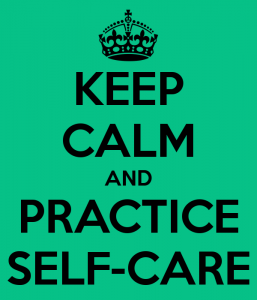


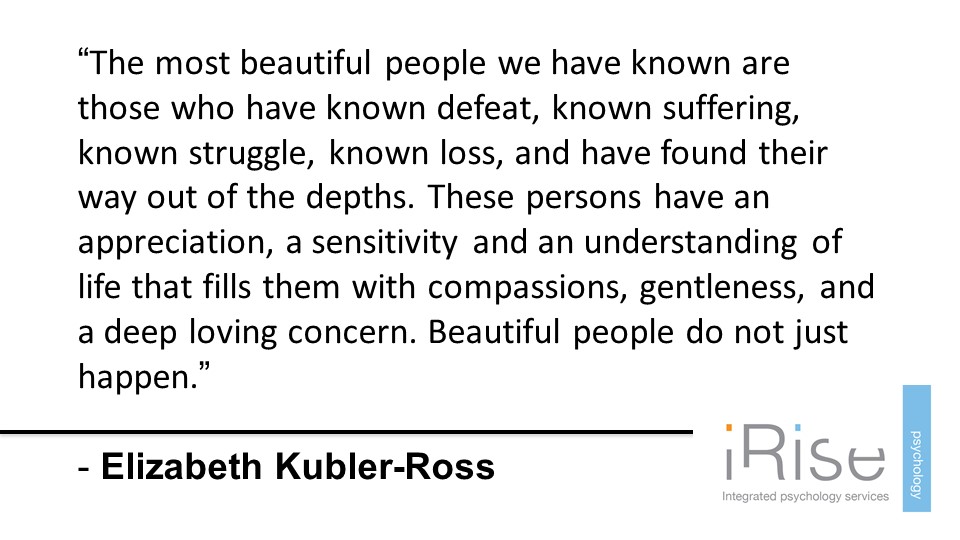
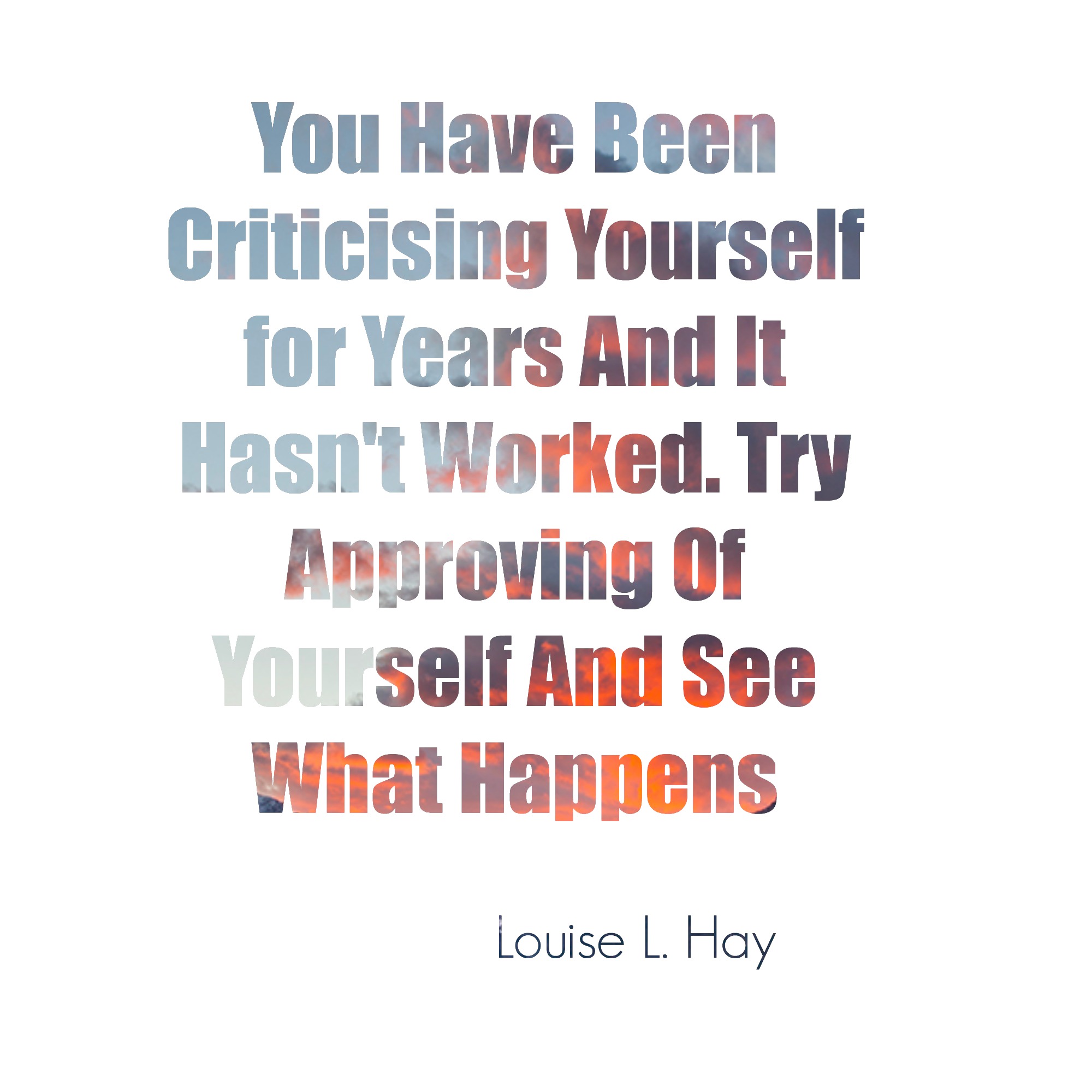

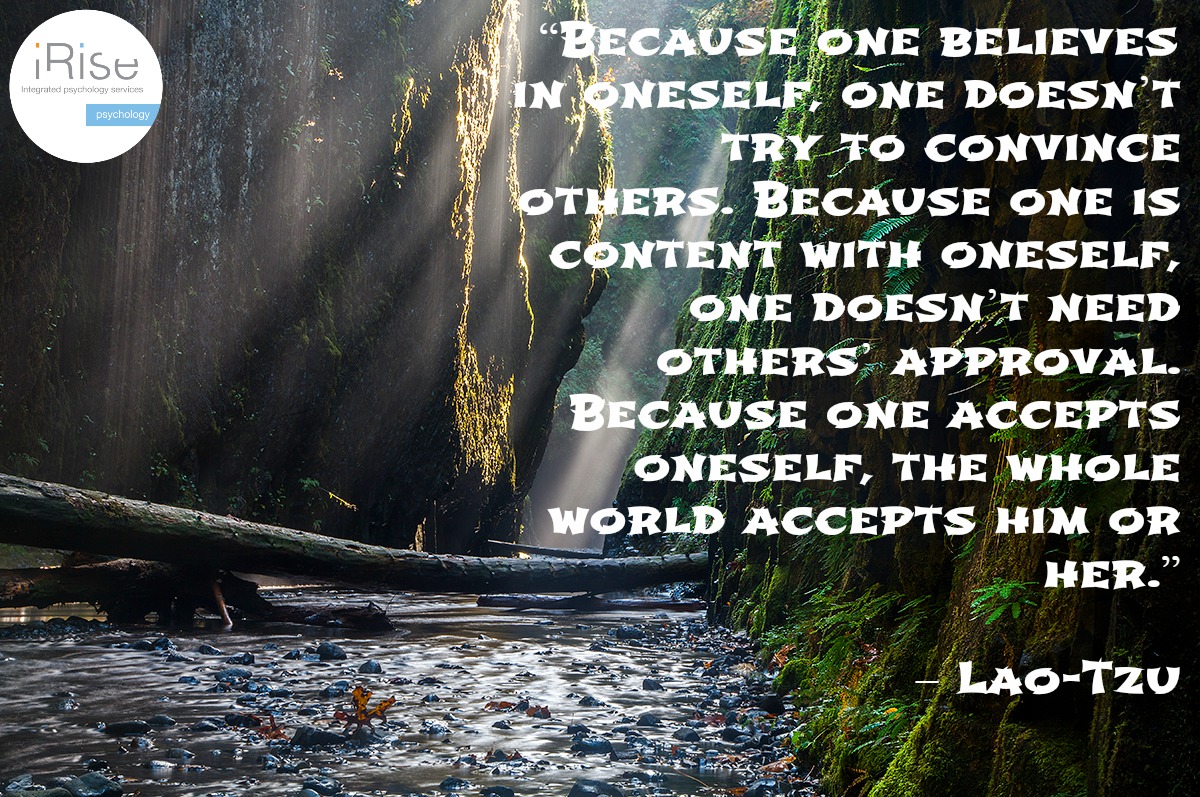
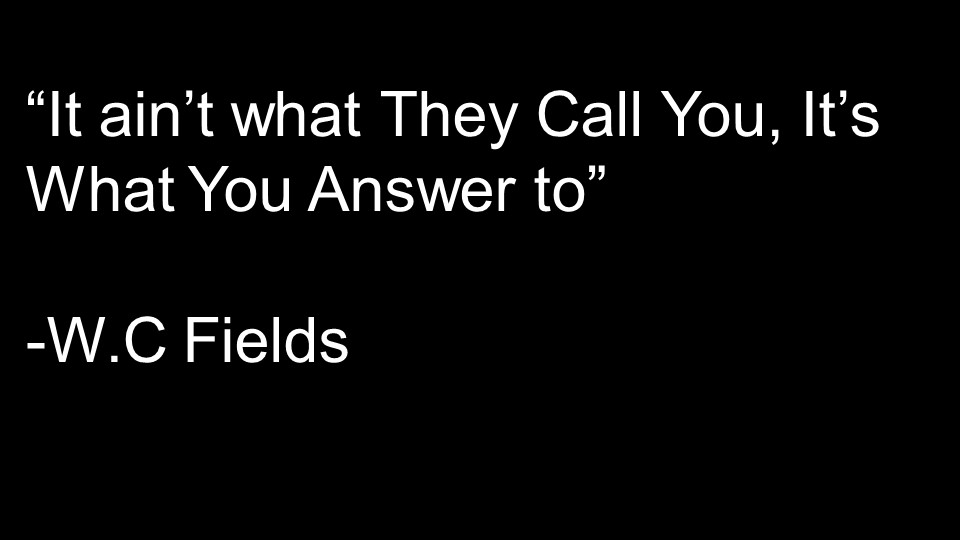
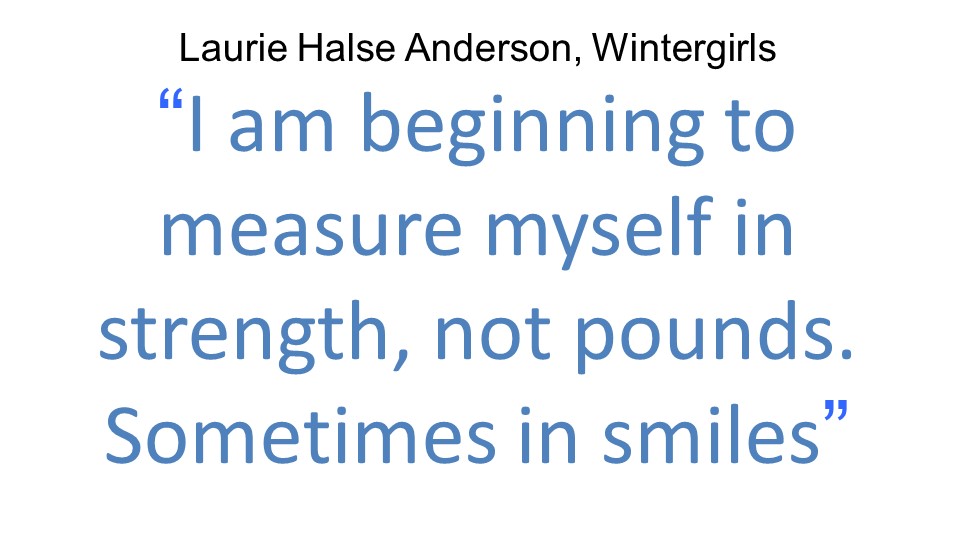
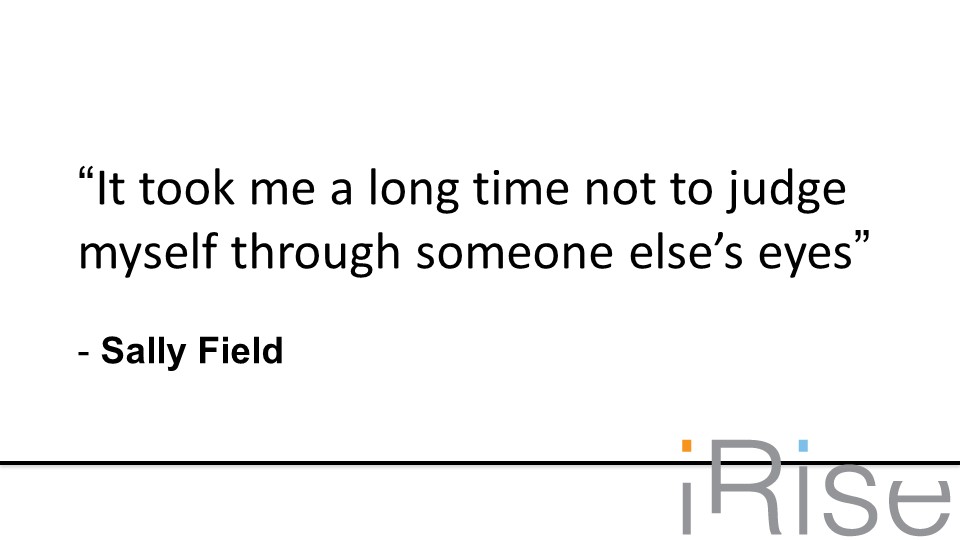
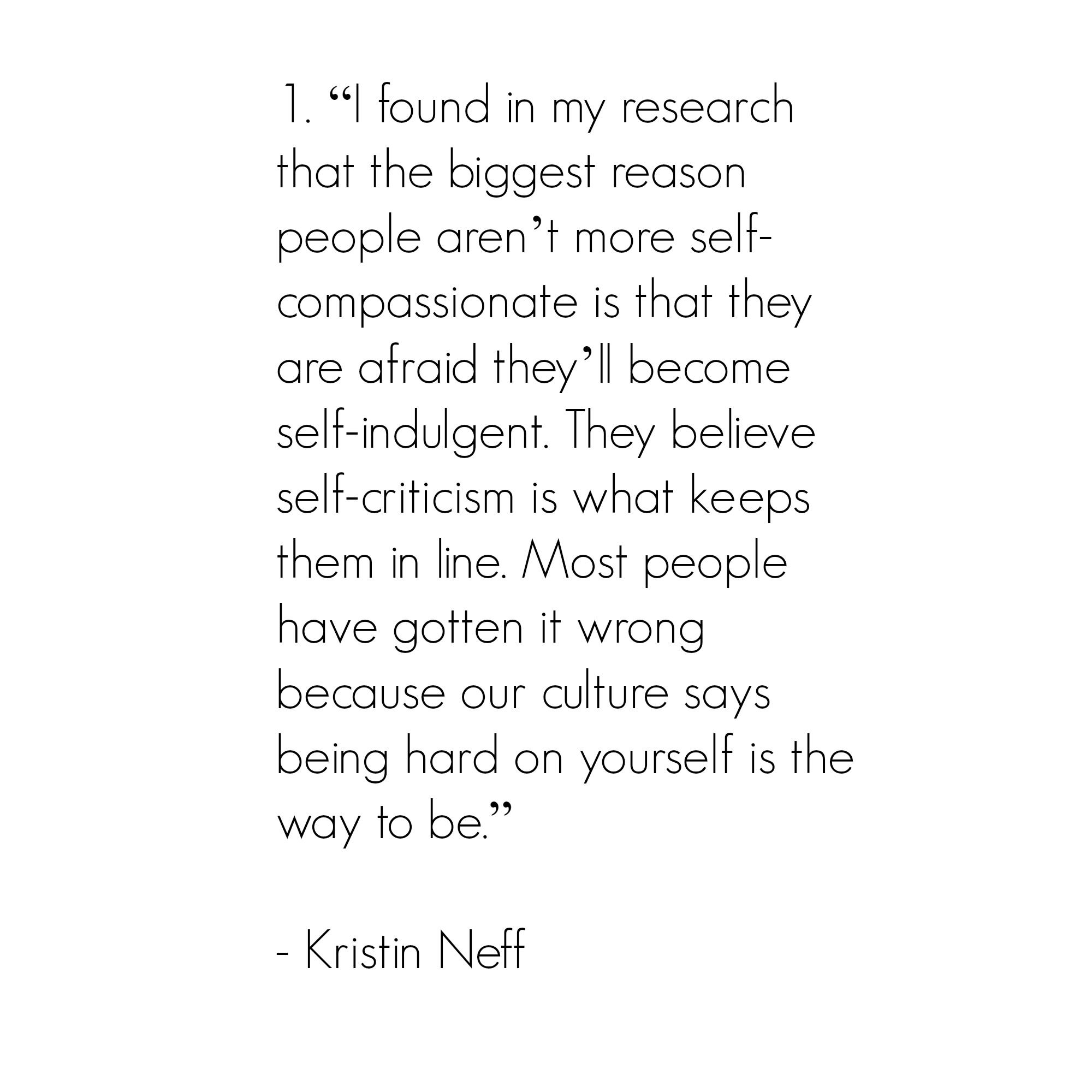










 boomers in the 50’s and 60’s. Rules were clearly defined and understood . Workspaces were largely confined to the office or factories. Responsibilities were individual and very specific and you knew exactly when you clocked in and out for the day. Aft
boomers in the 50’s and 60’s. Rules were clearly defined and understood . Workspaces were largely confined to the office or factories. Responsibilities were individual and very specific and you knew exactly when you clocked in and out for the day. Aft h, this generation was always on the lookout for new offers and opportunities. A profitable idea could easily put you into a leadership position based on meritocracy without taking into account the experience of the employee. As they constantly looked for new ways to stand out from the competition, a reliance on degrees and MBA’s began to emerge to get ahead. This was a more individualistic style of thinking and a nice wardrobe became essential to close deals and expand networks. Being in the right place at the right time in order to capitalise on an opportunity began to define the work schedule. Business time extended to happy hour and beyond, and this cocktail of business and pleasure turned the workaholic into an admired object of desire. Brought up with the self-esteem movement, it was all about winning, the winner being whoever could get on the board in the shortest possible time. Once they arrived, they immediately lived out the pleasures of this achievement.
h, this generation was always on the lookout for new offers and opportunities. A profitable idea could easily put you into a leadership position based on meritocracy without taking into account the experience of the employee. As they constantly looked for new ways to stand out from the competition, a reliance on degrees and MBA’s began to emerge to get ahead. This was a more individualistic style of thinking and a nice wardrobe became essential to close deals and expand networks. Being in the right place at the right time in order to capitalise on an opportunity began to define the work schedule. Business time extended to happy hour and beyond, and this cocktail of business and pleasure turned the workaholic into an admired object of desire. Brought up with the self-esteem movement, it was all about winning, the winner being whoever could get on the board in the shortest possible time. Once they arrived, they immediately lived out the pleasures of this achievement.
 And it’s because of this reason that people with different work styles are having more freedom to tap into their talents, so even those with introverted personalities can turn their ideas into million, or billion pound businesses (Mark Zukerberg anyone?) Yes you can stay in bed as long as you maintain an updated profile across your social media platforms. Flexibility, the key to evolution, is well understood by generation y. They are fascinated by being involved in works in progress and understand the need to constantly acquire new skills. They are more excited about living in a permanent beta world where nothing is finished and is always being tested and made newer. They are exhilarated about working collaboratively, but also need autonomy. They can change direction much quicker and are less likely to let attachments hold them back.
And it’s because of this reason that people with different work styles are having more freedom to tap into their talents, so even those with introverted personalities can turn their ideas into million, or billion pound businesses (Mark Zukerberg anyone?) Yes you can stay in bed as long as you maintain an updated profile across your social media platforms. Flexibility, the key to evolution, is well understood by generation y. They are fascinated by being involved in works in progress and understand the need to constantly acquire new skills. They are more excited about living in a permanent beta world where nothing is finished and is always being tested and made newer. They are exhilarated about working collaboratively, but also need autonomy. They can change direction much quicker and are less likely to let attachments hold them back.